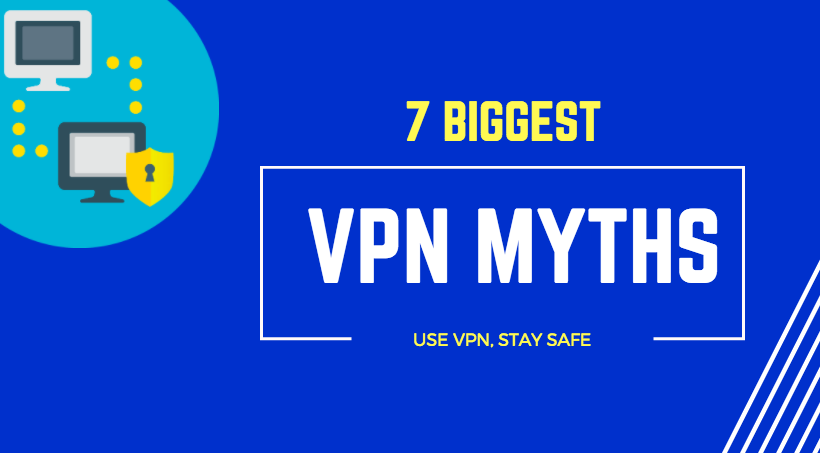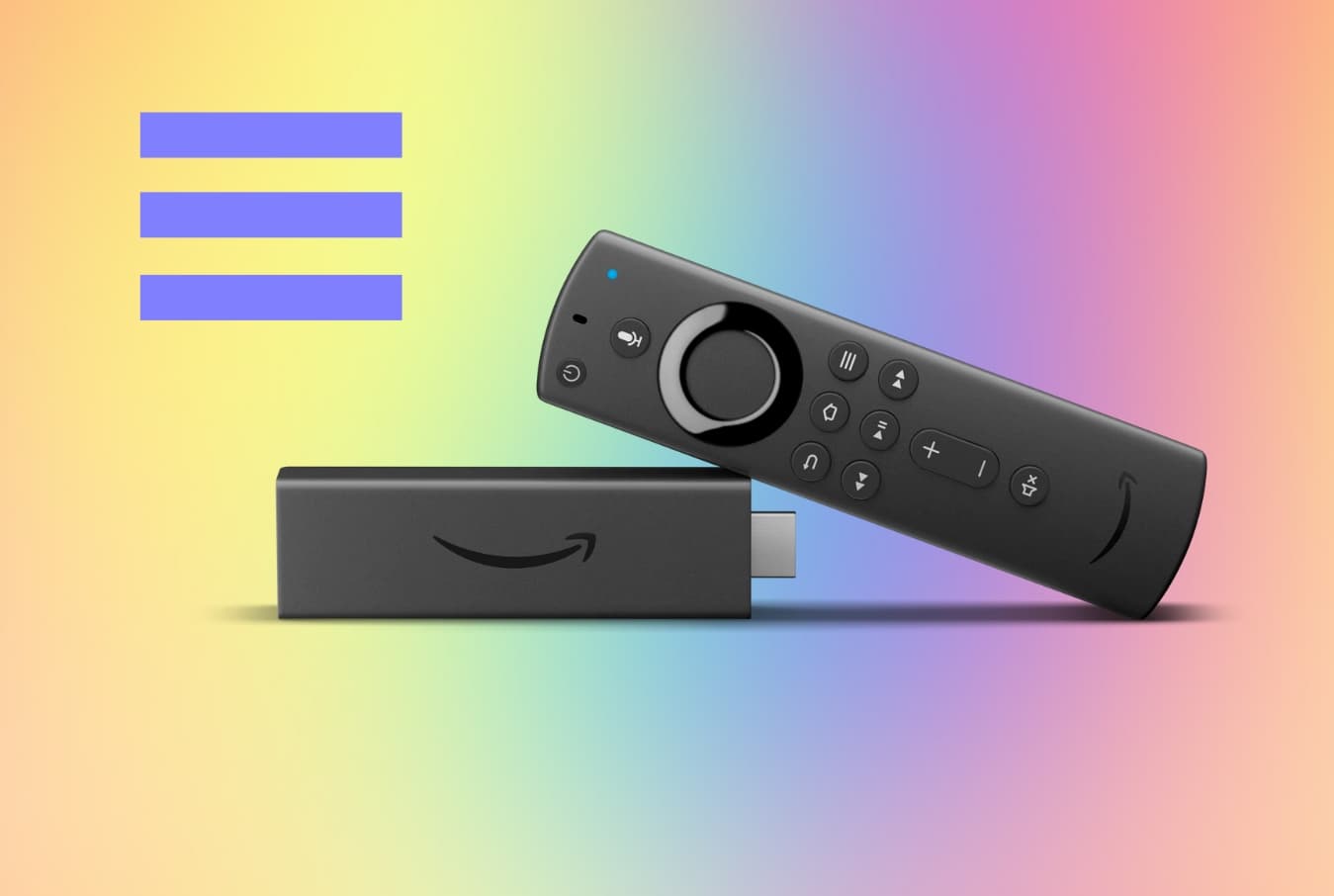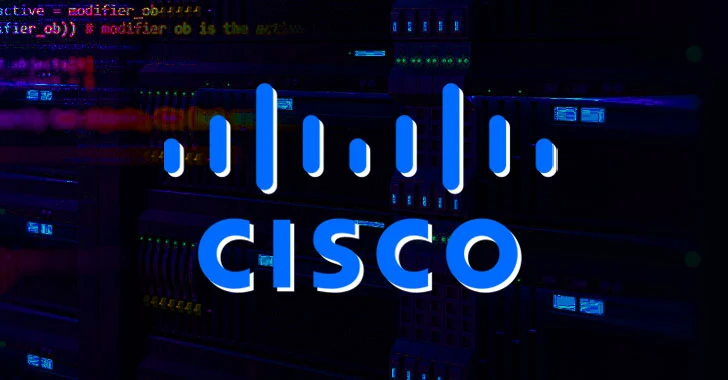Short Bytes: Are you skeptical of using a VPN software due to some VPN myths? People wrongly believe that a VPN is only needed by the ones who plan to indulge in some illegal activity. This thought, and some other common misconceptions, also hurts your chances of choosing the best VPN provider.
A Virtual Private Network (VPN) is a technology that lets a user connect to a remote server and use the internet. Just recently, I wrote an article describing the benefits of using a VPN service. But, there are so many VPN myths surrounding this technology that stops many people from using it.
So, here we’ll take a look at the 7 most common VPN myths:
Don’t believe these common VPN myths:
Myth #1: I’m not doing anything illegal, I don’t need a VPN
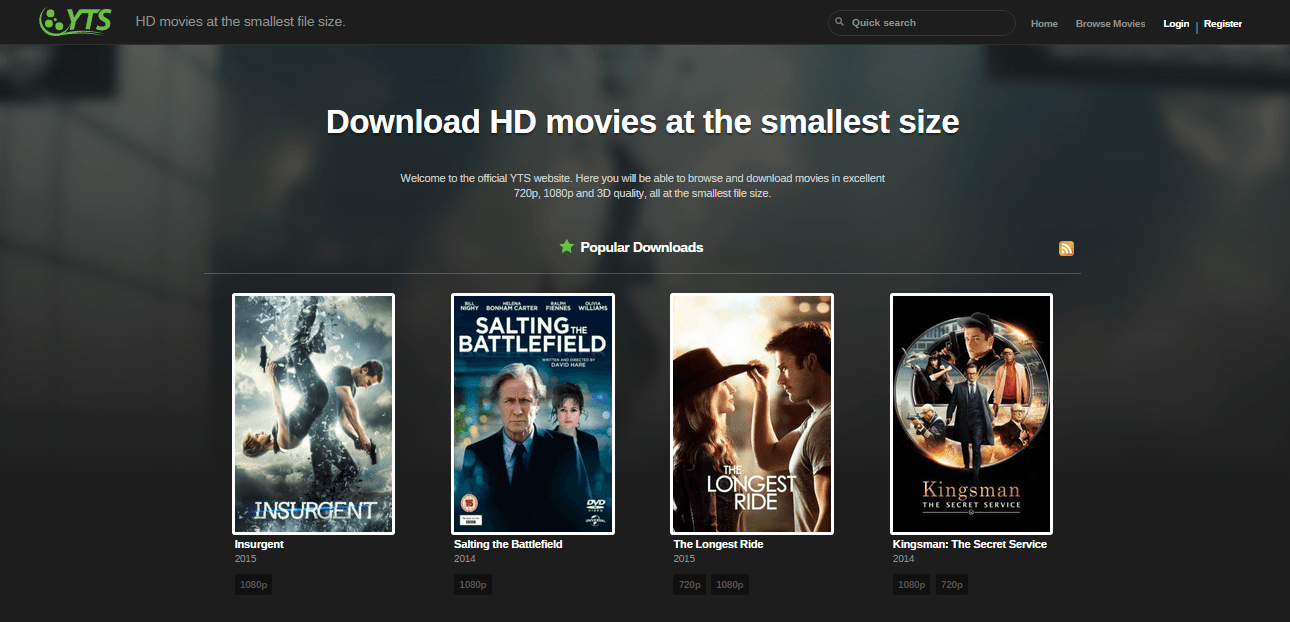
The most common VPN myth that’s spread among the internet users is that they don’t need a VPN service if they aren’t doing anything illegal. But, one should understand that a VPN’s use isn’t limited to bypassing geographical restrictions or changing the IP address.
If you’re a person who values privacy and wishes to encrypt the communications for the data security purposes, the use of a good VPN service is recommended. You can read our article on how VPN works and what are the benefits of VPN for further understanding. So, if investing as little as $3.33 per month can give you a peace of mind, you should consider it.
Myth #2: VPN slows down the internet connection
Very often people refrain themselves from using a VPN service by saying that a VPN service will slow down their connection. It could be true in some cases but such generalizations are a myth. The overall speed of the VPN depends on your internet connection speed. Free VPN services are the ones often facing the flak of slower speeds. Another big factor is the location of VPN servers of your service provider. So, while choosing a VPN service, make sure that they are having services in many locations.
Myth #3: If I’m using a VPN, I can do anything on the web

No. It’s a VPN myth. Using a VPN doesn’t give you a license to do anything on the web. This means that you won’t be safe from malware (here’s our list of top antivirus). It won’t save you from scams, phishing, or hacking attacks. So, apart from using a good VPN, it’s also important to follow other basic internet security practices.
Myth #4: All VPNs are created equal
Yes, just like any other service, some VPNs are better than others. They offer different qualities of encryption systems that are more secure. You should take a good look at the protocols that a VPN is offering, e.g., OpenVPN or PPTP. Try to avoid the ones that use PPTP as it’s an obsolete protocol. Another factor that one should consider is that the VPN provider doesn’t keep session logs. Based on these factors, Private Internet Access VPN, ExpressVPN, IPVanish, etc. are good choices.
Myth #5: A free VPN is good enough
In the computer security world, it’s a common saying: If you’re using something for free, then you’re the product. The same is the case with VPNs. While a free VPN might hide your IP, it’ll come with many restrictions like slow speeds and bandwidth. Moreover, a free VPN provider also comes with the risk of logging your personal information and browsing session.
Myth #6: Tor and Proxy are enough, so I don’t need a VPN
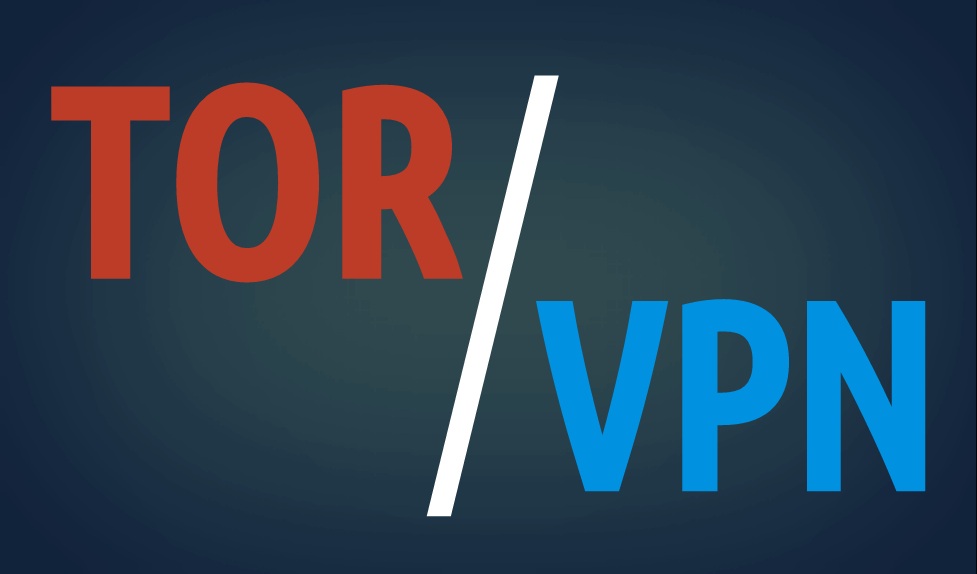
In my previous articles, I’ve explained the differences between Tor & VPN and VPN & proxy server and you can read it in detail. While a proxy server doesn’t encrypt your data, a Tor browser also has its own limitations. So, it’s often advised to use a combination of Tor and VPN.
Myth #7: VPN is only for geeks, it’s too technical
I won’t say that setting up a VPN is very easy, but it isn’t a hellish task. It’s a myth. Almost all renowned VPN service providers give assistant in helping you set up a VPN. There are also lots of guides available on the internet that you can use to facilitate any easy installation process.
Which VPN services to use?
Having said that, here are some recommendations that you can use while going ahead and selecting a VPN service: Private Internet Access VPN, ExpressVPN, and IPVanish. I found these VPN services the best in initial tests, and I’ll be preparing a complete list of best VPN services in the upcoming days.
Did you find this article on VPN myths interesting? Don’t forget to share your views and your favorite VPN services.

